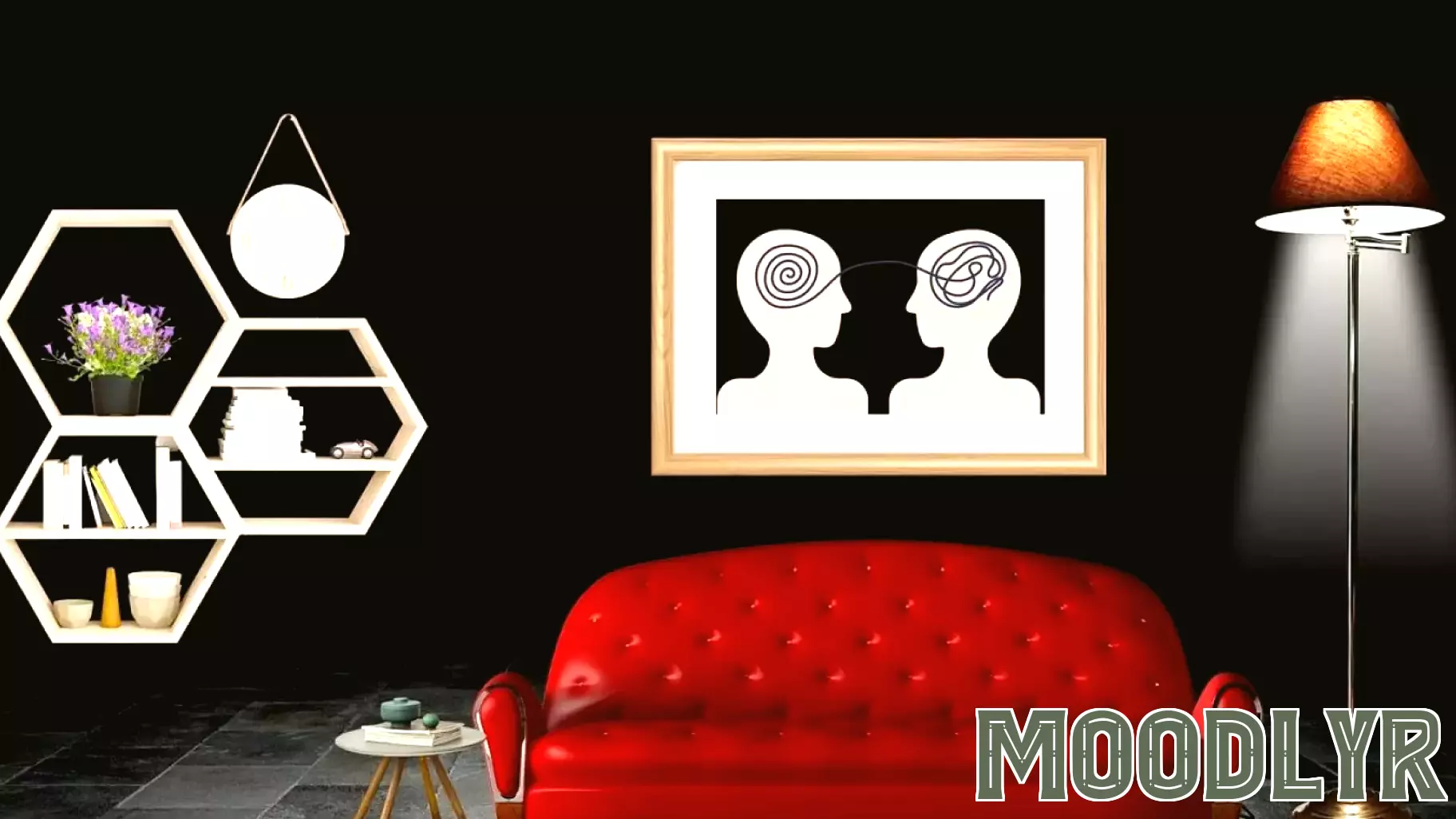January 22, 2025 - 08:36

Psychotherapy, fundamentally rooted in the biopsychosocial model, plays a critical role in mental health treatment. This approach integrates biological, psychological, and social factors, providing a comprehensive understanding of individual experiences. Despite its solid theoretical framework, psychotherapy often faces skepticism and is sometimes dismissed as unscientific. Critics argue that its benefits are anecdotal and lack rigorous empirical support. However, numerous studies have demonstrated the efficacy of various therapeutic modalities, showing significant improvements in mental health outcomes for many individuals.
The biopsychosocial model highlights the complexity of human behavior and mental processes, emphasizing that emotions, thoughts, and social contexts are interconnected. This perspective allows therapists to tailor interventions to meet the unique needs of each client. As mental health awareness continues to grow, it is crucial to recognize the value of psychotherapy and its scientific basis. By fostering understanding and acceptance, we can combat misconceptions and ensure that those in need receive the support they deserve.



